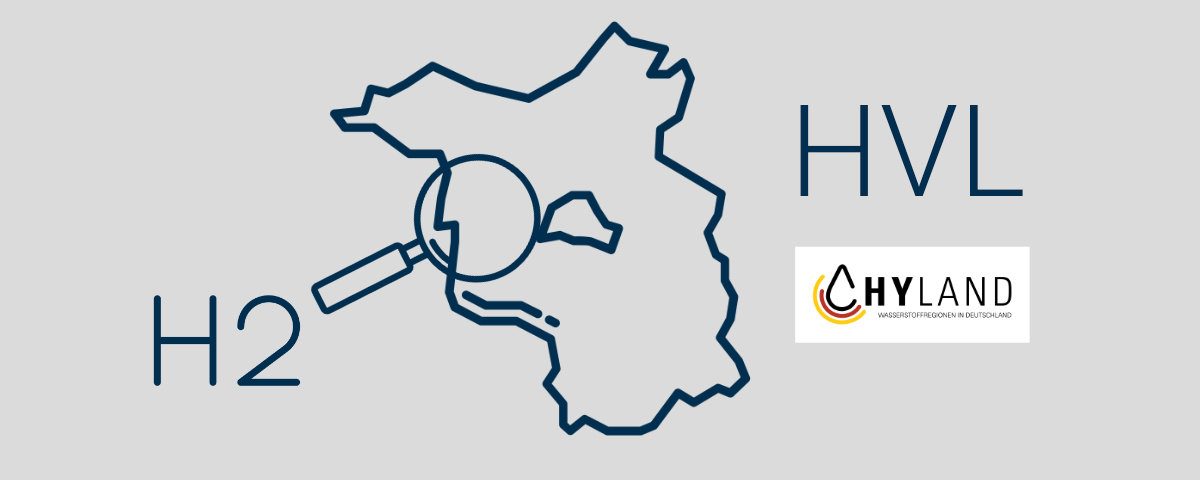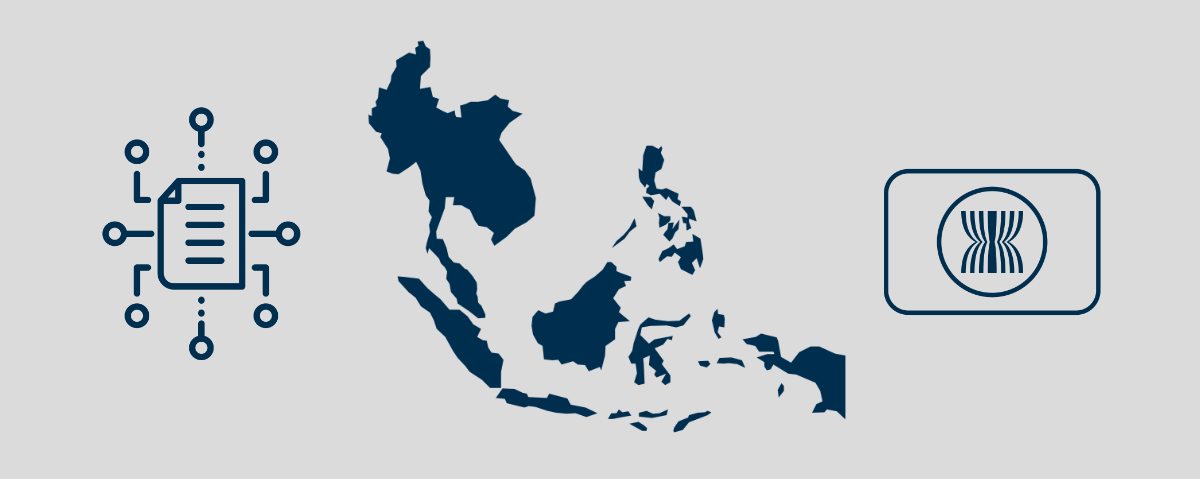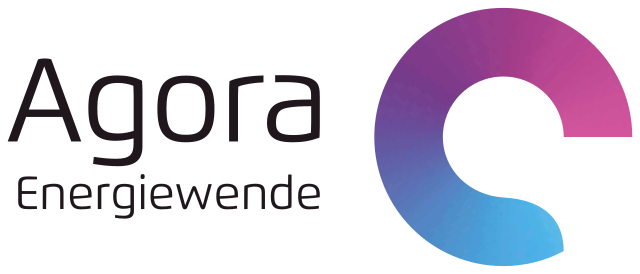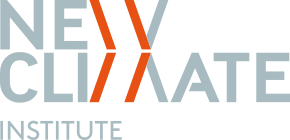
Hydrogen project “H2VL” launched
27. July 2022
RLI publishes updated data set from the Market Master Data Register of the Federal Network Agency
4. August 2022SEA-Power: Southeast Asia Power Sector Review

In the project Southeast Asia (SEA) Power Sector Review, RLI is working with partner organizations to develop an open-source database of relevant energy sector data from the ten ASEAN countries. The database is intended to serve as a basis for energy transition in the countries and to promote regional cooperation to achieve climate goals in Southeast Asia. One focus is the energy transition in the four countries Indonesia, Philippines, Thailand and Vietnam. These account for 80 percent of the region's total energy share. The aim of the project is to support these countries in their transition to clean, affordable and sustainable energy (CASE).
Energy Transition in Southeast Asia
Southeast Asia is one of the fastest economically developing regions in the world. By 2040, energy demand is expected to increase by 70 percent. The potential to shape this change with renewable energies is enormous. However, for a variety of reasons, local political and economic interest groups continue to favor fossil fuels. The main barriers to renewable energy use are similar across the region. They include inconsistent energy planning, concerns about grid capacity and stability and a lack of cross-border integration of power systems in the region. The potential of renewable energy and energy efficiency has been inadequately addressed. The project SEA Power Sector Review aims to help overcome these barriers.
Synergies with Energy Projects
The energy sector accounts for a large share of global greenhouse gas emissions. Decarbonization of this sector is therefore seen in many countries as an important promise for mitigating the climate crisis. This is also the case in the ten ASEAN member states. CASE conducted the Research Assessment Framework (RAF) in November 2020 to identify challenges in accelerating the energy transition. From these findings, it can be deduced that a consolidated, transparent, and up-to-date power sector database is needed for policy planning.
The database is intended to support the CASE program. This is being carried out by a consortium of seven organizations, including GIZ with its local offices, two international expert organizations or "IEOs" for short (Agora Energiewende and NewClimate Institute), and four local expert organizations (LEOs) in each country. These organizations include the Institute for Climate and Sustainable Cities of the Philippines (ICSC), the Institute for Essential Services Reform in Indonesia (IESR), the Vietnam Initiative for Energy Transition (VIET), the Energy Research Institute Thailand (ERI), and the Thailand Development Research Institute Foundation (TDRI). The CASE regional team, consisting of Agora Energiewende, NewClimate Institute, and GIZ Thailand, drives the implementation of regional activities and strategy development. The majority of CASE activities are implemented by country teams composed of the respective local expert organizations and GIZ.
Project duration: December 2021 – September 2022
Energy Transition in Southeast Asia
Southeast Asia is one of the fastest economically developing regions in the world. By 2040, energy demand is expected to increase by 70 percent. The potential to shape this change with renewable energies is enormous. However, for a variety of reasons, local political and economic interest groups continue to favor fossil fuels. The main barriers to renewable energy use are similar across the region. They include inconsistent energy planning, concerns about grid capacity and stability and a lack of cross-border integration of power systems in the region. The potential of renewable energy and energy efficiency has been inadequately addressed. The project SEA Power Sector Review aims to help overcome these barriers.
Synergies with Energy Projects
The energy sector accounts for a large share of global greenhouse gas emissions. Decarbonization of this sector is therefore seen in many countries as an important promise for mitigating the climate crisis. This is also the case in the ten ASEAN member states. CASE conducted the Research Assessment Framework (RAF) in November 2020 to identify challenges in accelerating the energy transition. From these findings, it can be deduced that a consolidated, transparent, and up-to-date power sector database is needed for policy planning.
The database is intended to support the CASE program. This is being carried out by a consortium of seven organizations, including GIZ with its local offices, two international expert organizations or "IEOs" for short (Agora Energiewende and NewClimate Institute), and four local expert organizations (LEOs) in each country. These organizations include the Institute for Climate and Sustainable Cities of the Philippines (ICSC), the Institute for Essential Services Reform in Indonesia (IESR), the Vietnam Initiative for Energy Transition (VIET), the Energy Research Institute Thailand (ERI), and the Thailand Development Research Institute Foundation (TDRI). The CASE regional team, consisting of Agora Energiewende, NewClimate Institute, and GIZ Thailand, drives the implementation of regional activities and strategy development. The majority of CASE activities are implemented by country teams composed of the respective local expert organizations and GIZ.
Project duration: December 2021 – September 2022
The RLI assumes the following tasks:
- Collecting, processing and validating power sector data for Southeast Asia
- Reviewing relevant reports, scientific articles and power sector statistics
- Coordinating with energy sector experts from ASEAN countries
- Development of energy database, including data processing
- Coordinating data review with Agora Energiewende team










